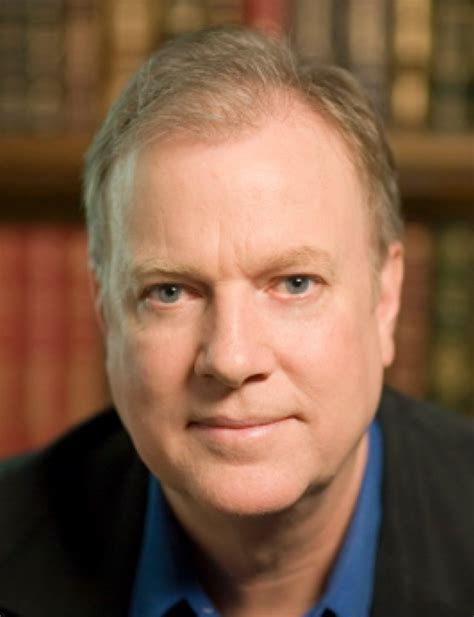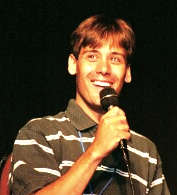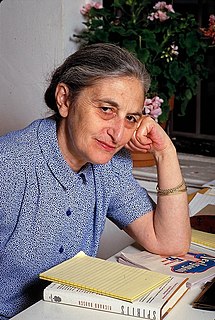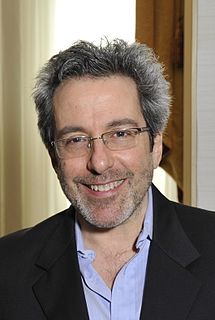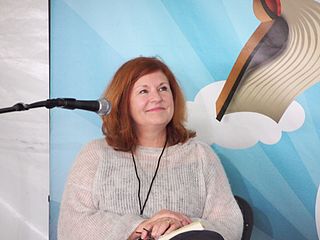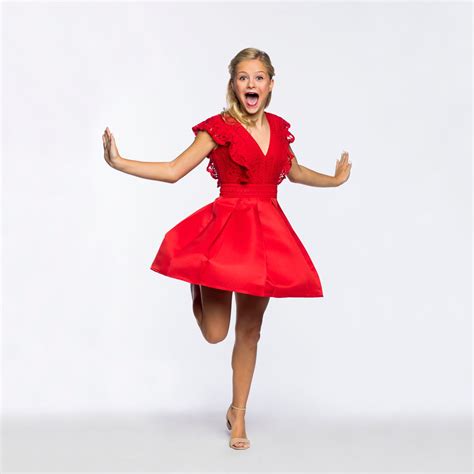A Quote by James Scott Bell
The thing I do at the beginning is a "voice journal," a free form doc that is the character speaking to me. I just work on it until I start to hear different from my own, or the other characters.
Related Quotes
I think at some level, it's just alchemy that we, as writers, can't explain when we write the characters. I don't set out to create the characters - they're not, to me, collections of quirks that I can put together. I discover the characters, instead. I usually go through a standard set of interview questions with the character in the beginning and ask the vital stuff: What's important to you? What do you love? Hate? Fear? .. and then I know where to start. But the characters just grow on their own, at a certain point. And start surprising me.
One of the great things about the longer you do a character, the more the writers start to understand your kind of character ticks and things that you like to do. The most exciting thing I think for a writer is when the characters just start speaking for themselves. You sit down at your keyboard and just stuff starts jumping out of their mouths. They just sort of wrote the scripts for themselves.
I hear so many writers say - and these are writers that I trust completely - 'I just started hearing a voice', or, 'The characters came to life'. I am filled with loathing for my own characters when I hear that because they do nothing of the sort. Left to their own devices, they do nothing but drink coffee and complain about their lives.
Yes, I am one of those people who feels that most of my work is adaptation of one sort or another. For me, it's a way to jump-start the engine. For example, some people use the technique of basing a character on a friend. They start writing with his or her voice, then at a certain point, the character takes off on his or her own. It probably no longer resembles the model, but it helped the author to get going. I find that's true of form, too. For every play I've written, I know what play I was trying to imitate. That helps me get going.
I just want to do everything. As broad as that seems, it's kind of the plan. There are so many different genres out there to do, so many different characters to play, so many different amazing actors and directors to work with. I'm just following my gut, and if it's speaking to me, then I'm doing it.
I usually base my characters on composites of people I know. One trumpet player in SIDE MAN is really a mix of four different guys I knew growing up. Patsy , the waitress, is a mix of about three different people. I like doing it that way. I start with the characters, as opposed to plot, location, or some visual element. I write more by ear than by eye. I always work on the different sound of each character, trying to make sure each has a specific voice and speech pattern, which some writers could care less about.
The writer must always leave room for the characters to grow and change. If you move your characters from plot point to plot point, like painting by the numbers, they often remain stick figures. They will never take on a life of their own. The most exciting thing is when you find a character doing something surprising or unplanned. Like a character saying to me: ‘Hey, Richard, you may think I work for you, but I don’t. I’m my own person.’
I keep threatening to keep a formal journal, but whenever I start one it instantly becomes an exercise in self-consciousness. Instead of a journal I manage to have dozens of notebooks with bits and pieces of stories, poems, and notes. Almost every thing I do has its beginning in a notebook of some sort, usually written on a bus or train.
